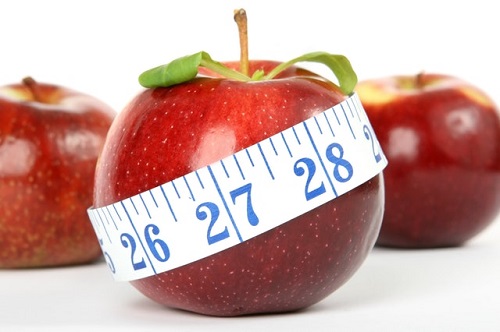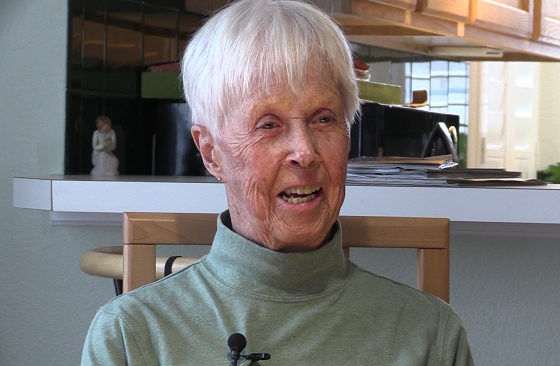 As you age, you may find that you have a harder time shedding those unwanted pounds than you did when you were younger. Seniors do face some added challenges when it comes to losing weight, but it’s definitely not impossible -- just make sure you keep these five tips in mind:
As you age, you may find that you have a harder time shedding those unwanted pounds than you did when you were younger. Seniors do face some added challenges when it comes to losing weight, but it’s definitely not impossible -- just make sure you keep these five tips in mind:
1. Set Specific Goals
It’s important to set goals when trying to lose weight and monitor daily progress with an accurate scale. If you really want to accomplish these goals, you need to make sure they’re specific and easy to measure. Rather than just saying you want to lose weight or get in shape, set a specific number of pounds you want to lose or a specific number of percentage points you want to decrease your body fat by.
Weight loss also plays an important role in lowering blood pressure, easing up on osteoarthritis pain (especially in the knees), as well as controlling blood sugar levels (especially for seniors with diabetes. You may want to incorporate indirect metrics your doctor has recommended for your own medical condition into your weight loss journey.
These clear, measurable goals will be easier to track, and you’ll have something concrete to celebrate when you reach them.
2. Drink Plenty of Water
Seniors face an increased risk of accidentally becoming dehydrated. This is because the hypothalamus -- the part of the brain that controls hunger and thirst -- becomes desensitized with age, so seniors may not even realize that they are thirsty.
Water is essential for metabolism and digestion. When you’re dehydrated, you may also confuse your thirst for hunger and find yourself overeating, which isn’t good for your weight loss goals.
Make sure you’re choosing water and avoiding sugary sodas and juices as much as possible. These drinks pack a major caloric punch and won’t do much for actually quenching thirst. If you don’t like the way plain water tastes, flavor it naturally with fresh lemon or lime juice.
3. Eat Plenty of Protein
As you age, your muscle mass decreases. To help counteract these losses, it’s important for seniors to make sure they’re eating plenty of protein.
A good rule of thumb is to shoot for approximately 30 grams of protein at each meal -- for reference, a four-ounce serving of chicken breast has about 26 grams.
If you tend to crave carb-heavy foods, you can add more protein to your diet to help offset the cravings. Protein is more filling than carbs, generally speaking, so you’ll be less likely to overeat if you’re getting enough of it.
4. Focus on Resistance Training
Eating more protein isn’t enough to offset the muscle loss that comes with age. It’s also important to incorporate resistance training into your exercise routine.
Contrary to popular belief, resistance training is also better for weight loss than pure cardiovascular exercise like walking or jogging. This is because, when you increase your muscle mass, you also increase your metabolism. As a result, your body will burn more calories throughout the day and you’ll have an easier time losing weight.
Resistance training also helps improve your balance, which will help you avoid falls and the injuries that often accompany them.
If you’re brand new to resistance training, work with a trainer or coach to make sure you’re staying safe and practicing proper form.
Start with light weights and learn basic compound movements like squats, overhead presses, and deadlifts. These movements will help you burn more calories since they require you to engage multiple muscle groups. They will also transfer directly to your daily routine since they mimic functional movements like bending over to pick things up or putting objects away on a high shelf.
5. Don’t Forget to Stretch
It’s also important for you to prioritize flexibility as a senior. When you’re more flexible, you’ll be less likely to injure yourself while exercising or just going about your day. Stretching regularly can also help minimize the aches and pains that typically accompany aging.
Sign up for a senior yoga class to learn stretches in a safe environment for older adults. If you’re worried about your lack of balance, try a chair yoga class where you can stretch while sitting.
You can also learn simple stretches by looking up videos online. Do them at the end of the day to help you wind down for the night and sleep more soundly.
Whether you’re looking to lose five pounds or fifty, these tips will help you get started! Start applying them today and the extra weight will start falling off.


Comments